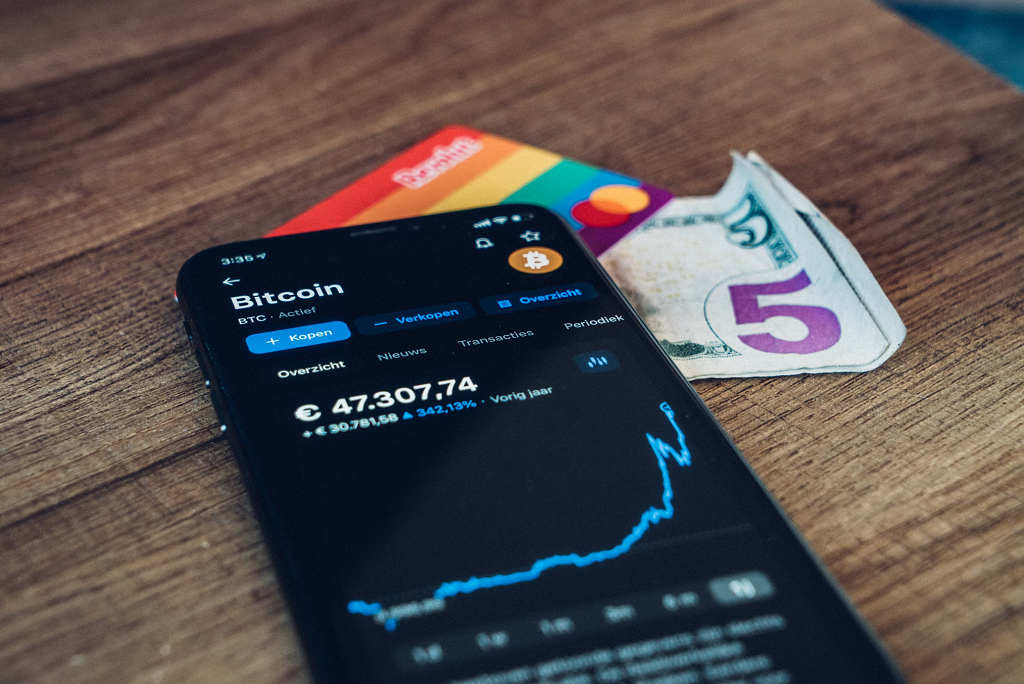Bitcoin trading has gained much popularity since its creation in 2009. Apart from Bitcoin, some cryptocurrencies have emerged using the same technology, but Bitcoin maintains its position at the top. Once you purchase Bitcoin, you need a wallet to store your currency.
A Bitcoin wallet safely stores the private keys that give you access to your currency. If anyone else gets access to your Bitcoin’s private keys, you may lose your Bitcoin. The wallet allows you to receive and send Bitcoin from and to other traders. Before settling on a Bitcoin wallet, you need to know how to use it, how complex or easy, or hard it is to use, and how well it secures your Bitcoin.
Types of Bitcoin Wallets
The main types of Bitcoin wallets are hardware wallets, phone wallets, desktop wallets, and web wallets. When choosing a wallet, you should settle for one, depending on what you intend to do with your Bitcoins.
Hardware Wallets
These are the most secure wallets because they store your private keys on a device that cannot access the internet. The devices look like a USB, and when the owner wants to transact Bitcoin, they plug it into a computer and sign the transactions without interfering with the private keys.
Phone Wallets
People install these wallets on their mobile devices. Most devices can facilitate physical store payments by scanning QR codes or NFC. They are compatible with iOS or Android, and an example is the Bitcoin wallet.
Desktop Wallets
These wallets are installed on your PC or laptop and offer the user complete control of the wallet. These are not the safest wallets because your computer can easily be compromised, but you might consider them the best for you. One of the most known desktop wallets is Bitcoin core.
Web Wallets
Web wallets are online systems that can store and transact Bitcoin on your behalf. You can easily access these web wallets from anywhere, just as you do with your email. Before accessing your wallet, you go through an encrypted verification to prove your identity. However, a third party might access your wallet in the event of a hack without proper encryption and identity verification.
How to Pick the Best Crypto Wallet
When you purchase the first Bitcoin, you need a place to store it. However, it would be best to consider various factors before settling for a particular wallet.
Security
Please consider the security of the wallet you choose. Your wallet should have the first line of defense whenever your device falls into the wrong hands. Your wallets should always require you to unlock them every time you access them.
Reputation
Settle for a reputable wallet. Contact research on the wallet makers and how legit the wallet is to avoid your Bitcoin getting into the wrong hands and losing it. Check how long the wallet has been in existence, the number of people using it, and the reviews.
Access to Your Private Keys
If you can’t access your private keys, you do not have access to your Bitcoin. Make sure the wallet provides you access to your keys. When you don’t have access to your keys, you will need to ask for permission from the custodians every time you want to transact with your Bitcoin.
Back-Up Features
The best wallets make it easy to manage and back up all your private keys. Although it is vital to possess your private keys, managing them might be problematic. You can choose to write them on paper and have several wallets to hold different Bitcoins. Instead of going through the hassle alone, you can join a community of Bitcoin traders on https://bitiq.org/, a trading app, and gain access to market monitoring software.
What You Need to Do
Before settling on any wallet:
- Do research.
- Make sure you do extensive research to find the best type of wallet for your Bitcoin and the best wallet providers.
- Take your time before choosing a particular wallet to find the best.
Bitcoin wallet holds your Bitcoin. In case your wallet gets compromised, you may lose your cryptocurrency.
